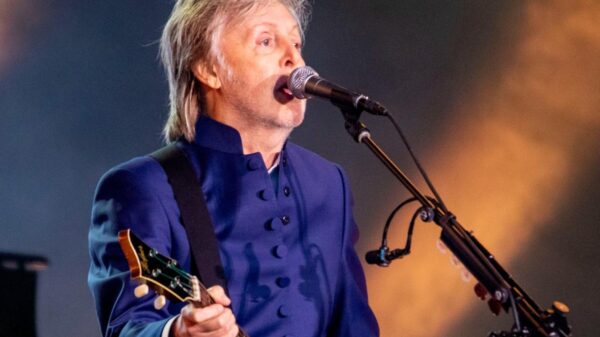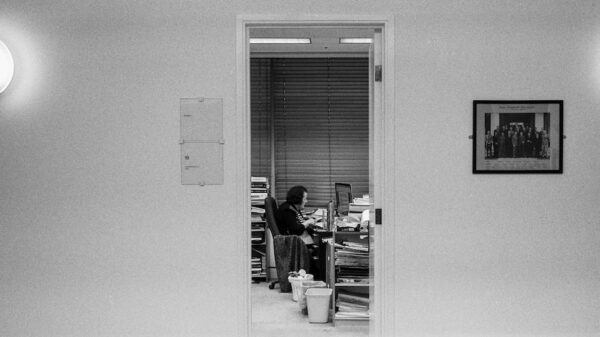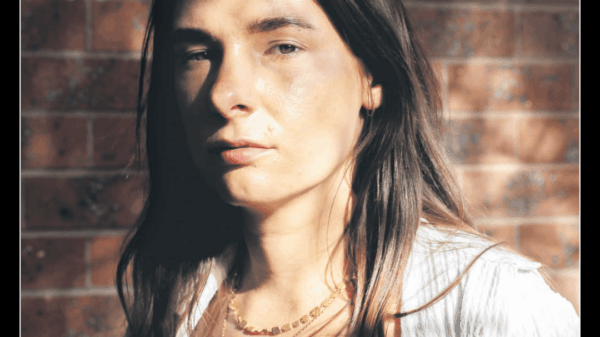BREAKING: At least 17 people have been killed and 145 injured in Nepal as police opened fire on protesters in the capital, Kathmandu, amid escalating tensions over a government ban on social media platforms. This urgent situation unfolded late Monday as demonstrators rallied against the government’s decision to block access to sites like Facebook, X, and YouTube.
Officials, including police spokesperson Shekhar Khanal, confirmed the chilling death toll alongside reports that 28 police officers were also among the injured. Protests erupted around the parliament building, with crowds of tens of thousands expressing their outrage over the restrictions on social media. The government justified the ban by claiming that the companies failed to register and comply with local laws.
As tensions flared, protesters breached barriers and pushed police back into the parliament complex, prompting a violent response from law enforcement. Eyewitness accounts and medical reports from the National Trauma Center reveal that many of the wounded are in critical condition, with injuries to the head and chest.
Families gathered outside the hospital, anxiously awaiting news of their loved ones, while others joined lines to donate blood. Chants of “Stop the ban on social media, stop corruption, not social media” echoed through the streets, as demonstrators waved the red and blue national flags. This protest has been dubbed the “Protest of Gen Z,” representing younger generations standing against government censorship.
The government announced a curfew in key areas of Kathmandu, including around the parliament and government secretariat, as violence continued to escalate. The situation remains highly volatile, with smaller protests ongoing late into the night.
Authorities previously issued repeated warnings to social media platforms to register their operations in Nepal. While platforms like TikTok and Viber complied and continue to operate, many popular sites remain blocked since last week. The government justifies its actions as part of a broader push to ensure social media is “properly managed” and accountable, but critics argue this is a blatant attempt to silence dissent and curb freedom of expression.
Human rights organizations have condemned the government’s proposal, describing it as a tool for censorship against those who express dissenting views online. The bill aims to regulate social media more strictly, requiring companies to appoint local representatives, which critics see as further infringement on fundamental rights.
The international community is closely monitoring the situation as protests continue. The unrest marks a significant moment in Nepal’s ongoing struggle for digital rights and freedom of expression.
Stay tuned for further updates as this story develops.



































































